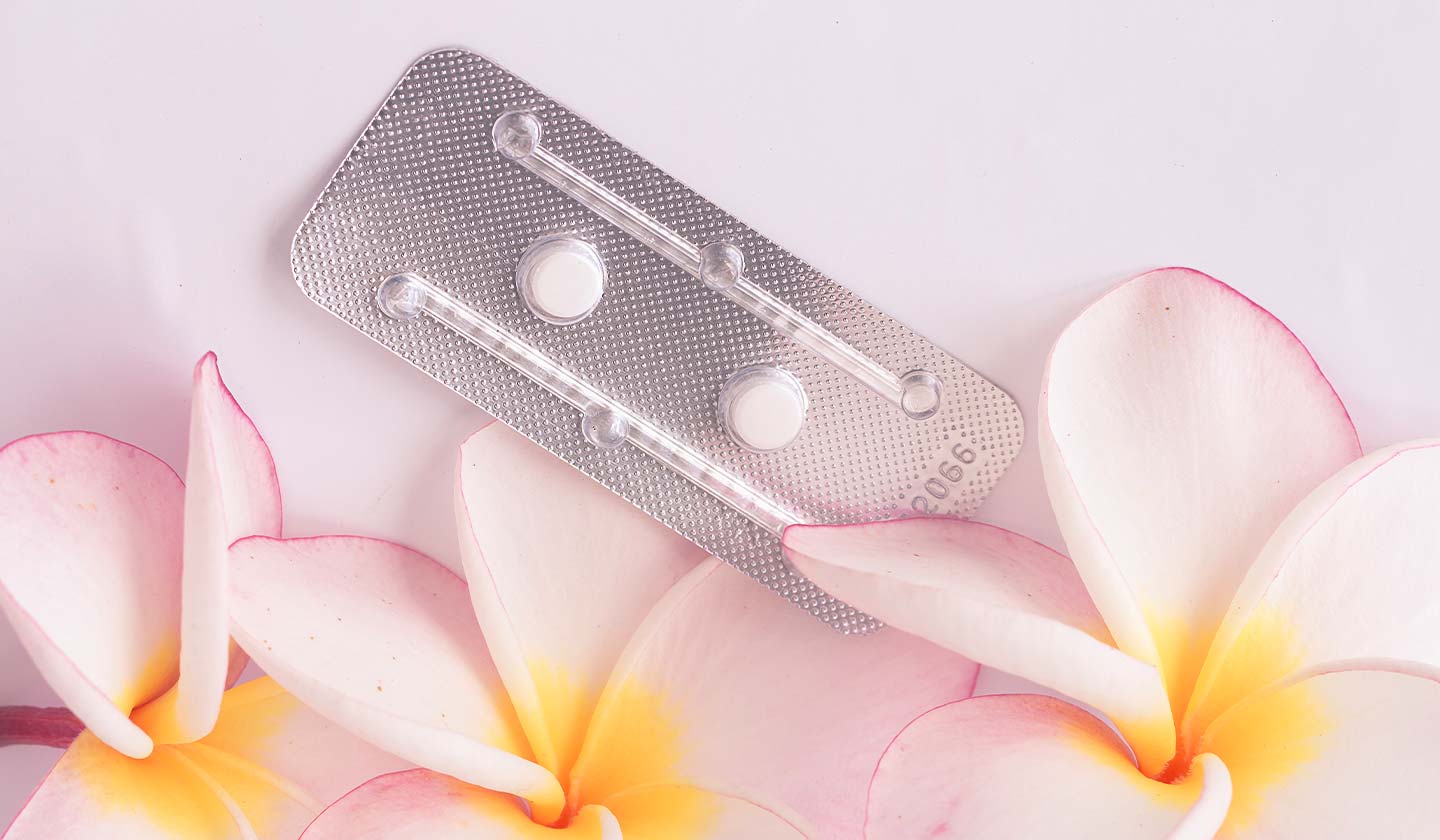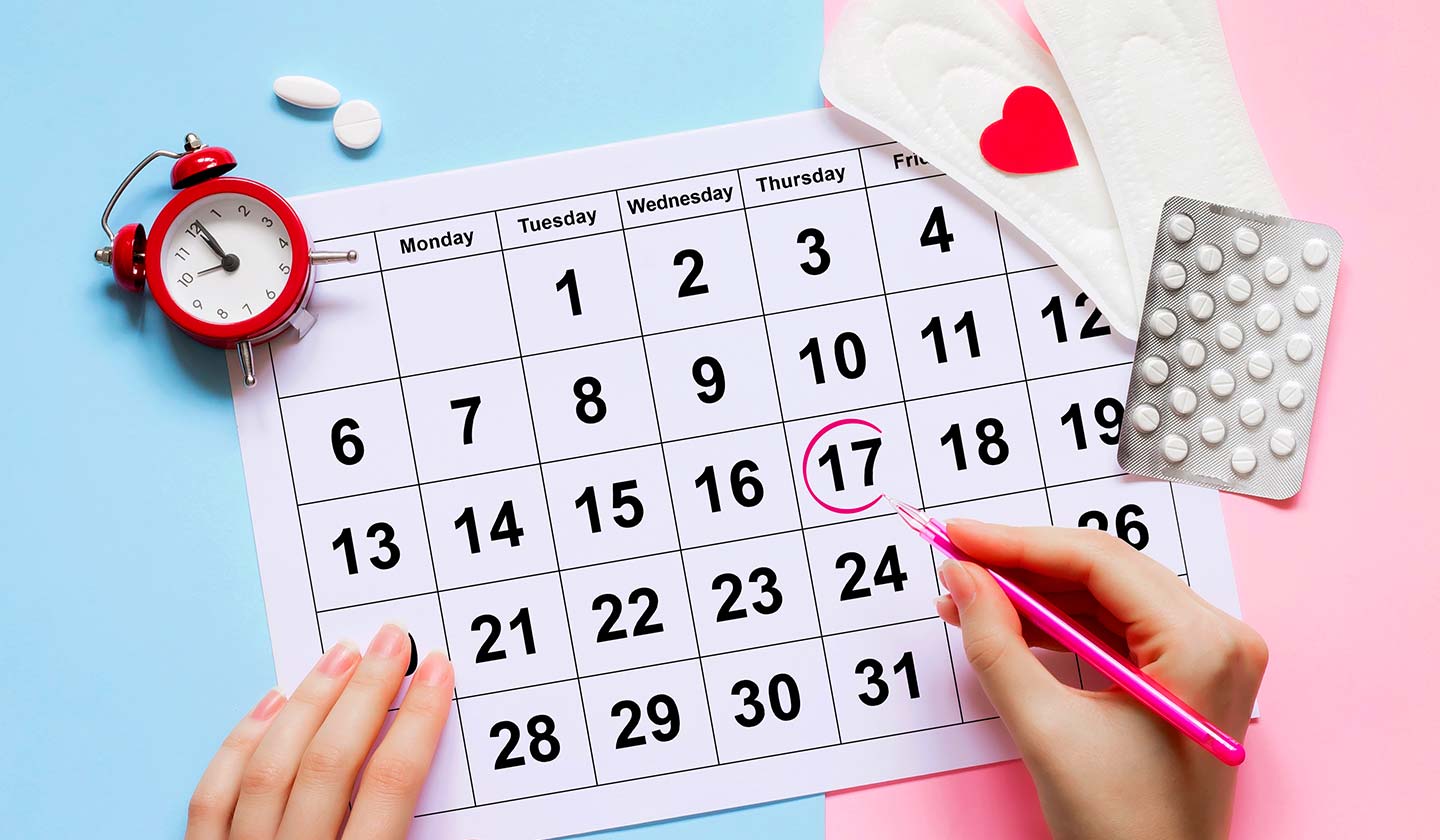Sexuality
The emergency method to avoid unwanted impregnation

What exactly is the morning-after pill?
It is a medicine with a hormonal base composition, which temporarily prevents ovulation, preventing fertilization from occurring. This way, an unwanted pregnancy may be prevented. This medicine is sold exclusively in pharmacies.
In what situations should I consider using this emergency contraceptive?
This contraceptive is usually used after unprotected sex or when the contraception method used has failed, for example, if a condom has split. Other reasons for taking this pill include: missing the pill two days in a row or start taking the pill, using the vaginal ring or patch two days later; taking medications that interfere with hormonal contraception (some antibiotics, anti-epileptics, antiretrovirals); vomiting or experiencing diarrhoea for more than two days in a row, due to the risk of eliminating the medicine.

How to use it?
After unprotected sex, and if you do not intend to become pregnant, the morning-after pill should be taken as soon as possible. Menstruation should then start on the expected date, although in some women it may appear a little earlier. If there is a delay of more than one week, a pregnancy test should be done.
Are emergency pills on the market all the same?
Pills have essentially two hormonal compositions, the one containing levonogestrel, which is more effective if taken within the first 72 hours (three days), and the one containing ulipristal acetate, which is effective up to 120 hours or five days after unprotected sex.

In which cases is the emergency pill contraindicated?
Contraindications are uncommon and are mainly related to allergic reactions to the pill composition.
Thus, caution should be taken with pills that contain ulipristal acetate during breastfeeding, as there are not yet sufficiently robust studies that rule out the existence of risk to the baby's health.
Likewise, women suffering from severe asthma or taking a type of oral medication called glucocorticoids should refrain from using this pill.
Regarding the use of levonorgestrel there are no contraindications.
In case there are contraindications to the use of conventional pills, can the emergency pill be used?
Women who have contraindications (such as cardiovascular and thromboembolic diseases, dyslipidemias or hormone-dependent cancers) to the use of conventional pills (which contain oestrogens and progesterone) can use the morning-after pill, as it does not contain oestrogens, which are responsible for most thromboembolic effects, usually associated with the pill.

Can side effects occur after taking the pill?
The most common side effect is the variation of about two days in the menstrual cycle. The remaining side effects, such as nausea, abdominal pain and headache, are not very evident and are usually transient.
How many times a year can I use this contraceptive?
Although the repeated use of emergency contraception is not associated with obvious health problems, as the name implies, this contraception method should only be used in exceptional circumstances and not regularly.

António Hipólito de Aguiar
(Pharmacist; University Professor)
Também lhe poderá interessar
Sexuality






